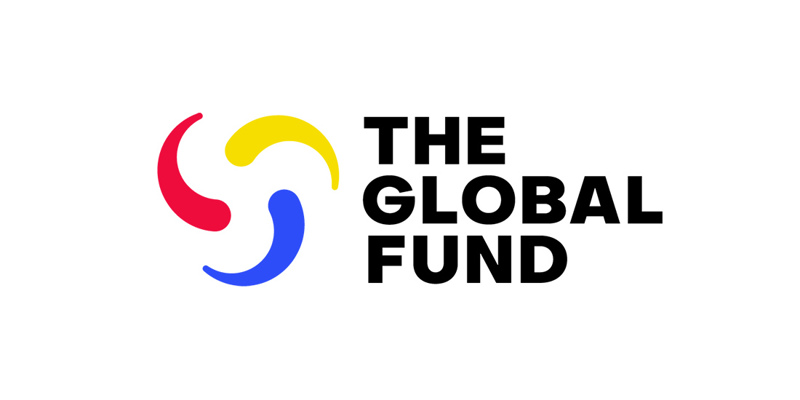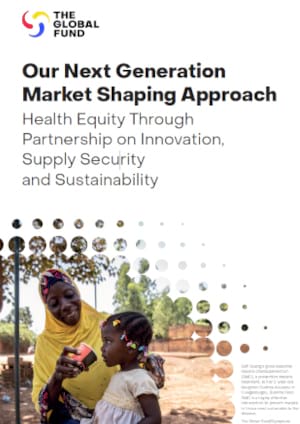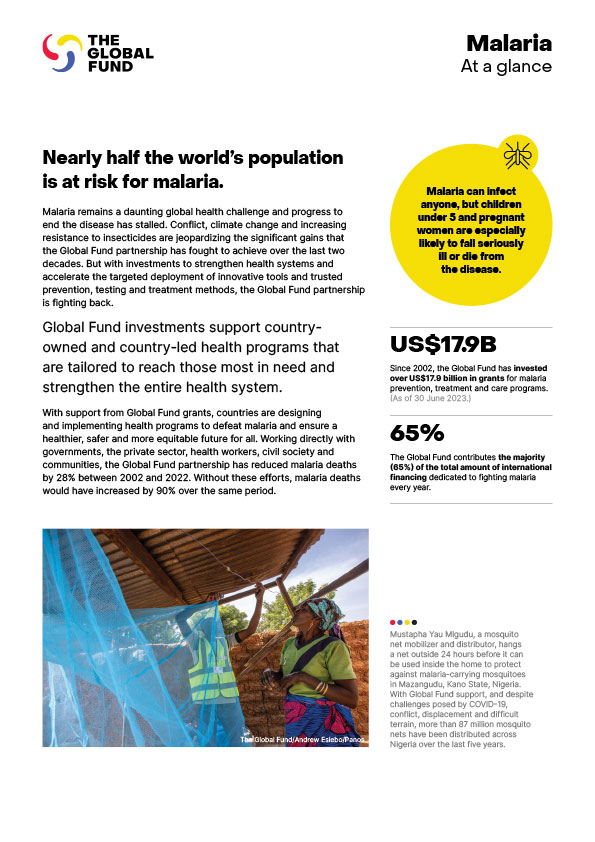

A Hotline Operator’s Tireless Efforts to Keep People on Drug Treatment Despite War in Ukraine
A giant explosion that shattered a neighboring building’s windows announced the arrival of the war on February 24, 2022. The next days and weeks were surreal.
Air alarms rang all the time urging us who live in Kyiv to head to bomb shelters. Outside my window I could see or hear rockets flying through the air and pulverizing their targets. Down below, I could see people frantically trying to flee the city turning the streets into an enormous traffic jam while others were signing up for the volunteer defense force.
The first day of the war my phone started ringing and it would not stop for days. I am an operator at a hotline for people who use drugs in Ukraine run by the organization Hope and Trust.
As a six-year veteran at the hotline, I thought that I had seen it all but I was wrong. Panicked community members were calling from all over the country with questions that we, initially, struggled to find answers to: “What will happen to the drug treatment program?” “My methadone is running out and the clinic is closed. What do I do?”
The purpose of our hotline, which is supported by PEPFAR and Global Fund to Fights AIDS, TB and Malaria, is to advocate for and protect the rights of people who use drugs. We provide information on drug treatment, harm reduction, and HIV and TB to community members. We also help them overcome challenges in accessing health services.
While the war poses a threat to everyone in Ukraine, this is doubly so for people with complex health conditions who need regular access to medications. In Ukraine, approximately 18,000 people receive methadone or buprenorphine to treat opioid dependence. These people need their medicines every day or they will be at high risk of relapsing into uncontrolled drug use. The treatments have given many of these people, often for the first time in years or decades, the opportunity to lead a life that is not dictated to by drug dependence. It allows them to hold jobs, repair relationships with loved ones, take antiretroviral medications against HIV, and stay out of legal trouble. With the war, that new life became suddenly precarious.
Indeed, after February 24, community members in many parts of the country encountered challenges obtaining their medications. Many drug treatment clinics were forced to temporarily close at unpredictable hours to protect staff and patients. The simple act of visiting a clinic to pick up medicines became a potentially life-threatening activity. Some clinics ran out of medications as the fighting disrupted supply lines. People lost their medical papers due to rushed departures or destroyed homes, and could not prove they were participants in the drug treatment program. Faced with these challenges, people began to call our hotline en masse.
During the first few days of the war, the call volume increased significantly. As I wasn’t sure whether I would have connectivity in the bomb shelter, I stayed in my apartment even when the air alarms went off so I would not miss a call. At night, I slept in the corridor between three walls to ensure that I was safe from flying shrapnel.
My colleagues and I have tried to help every single caller. In some cases, people just needed some reassurance that the drug treatment program would indeed continue. But many callers require practical help and so we use every resource we have to assist them.
When a participant in a drug treatment program calls to say that their clinic is closed, we call the doctors directly and, if we can’t reach them, we call the health department. When we learn when the clinic will be open, we inform the caller. When medications run out at a site, we alert the health authorities and try to find a temporary solution so the person’s course of treatment isn’t disrupted.
When people are stuck in war zones and can’t get out, we work with partner organizations to try to evacuate them to safety. When people are temporarily displaced, we put them in touch with treatment providers in their temporary location.
Today, almost ten months into the conflict, we continue to field almost three times as many inquiries as before the war. We have changed our operating hours to accommodate our community, hired additional phone operators to meet the demand, and added online consultations through social media platforms. With Russia’s relentless attacks on Ukraine’s energy systems, we are now taking steps to ensure that our hotline remains operational even during prolonged black-outs.
The job has been very challenging and very rewarding because I know that without our work, or the work of the Public Health Center, the many heroic health workers, and the Global Fund’s quick decision to support the procurement of medications, many people would likely have relapsed into drug use.
But that has not happened. To the contrary, more people have enrolled into substitution treatment programs since the start of the war, surely a sign of the resilience of Ukraine’s HIV and TB response.
(Header photo was taken in 2021, before the outbreak of the war)







